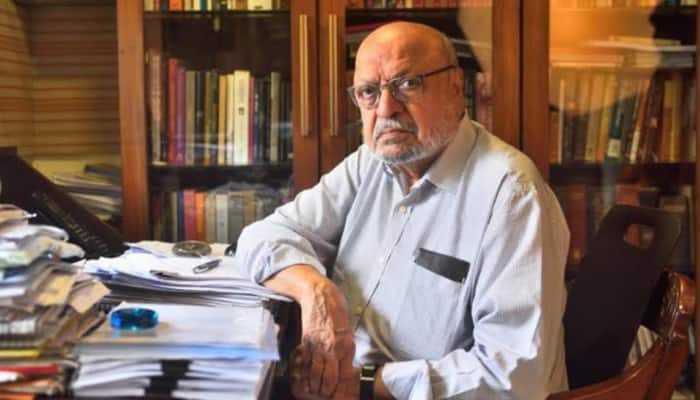Scientists pinpoint source of mysterious radio burst
Fast radio bursts (FRBs) are brief yet powerful spurts of radio energy lasting only a few milliseconds.
Trending Photos
)
New York: A team of US astronomers has successfully pinpointed an active galactic nucleus powered by a supermassive black hole as the source of a mysterious radio emission reported by researchers last year.
The FRB 150418, which was detected by a team of astronomers in February last year, was only the second one to be identified in real time.
Radio observations reported last year in the journal Nature purportedly showed a fading radio afterglow associated with the FRB. That afterglow was used to link the FRB to a host galaxy located about six billion light-years from the Earth.
But now a new study by Harvard University astronomers Peter Williams and Edo Berger, which has been accepted for publication in Astrophysical Journal Letters, shows that it actually originated from a distant galaxy's core and was unassociated with the FRB.
The Harvard researchers used National Science Foundation's Jansky Very Large Array network of radio telescopes to study the supposed host galaxy in detail.
If the initial observations had been an afterglow, it should have completely faded away. Instead they found a persistent radio source whose strength varied randomly by a factor of three, often reaching levels that matched the initial brightness of the claimed afterglow. The initial study also saw this source, but unluckily missed any rebrightenings.
"What the other team saw was nothing unusual," said Berger. "The radio emission from this source goes up and down, but it never goes away. That means it can't be associated with the fast radio burst," he added.
According to Williams and Berger, the emission originates from an active galactic nucleus that is powered by a supermassive black hole. Dual jets blast outward from the black hole, and complex physical processes within those jets create a constant source of radio waves.
"Right now the science of fast radio bursts is where we were with gamma-ray bursts 30 years ago. We saw these things appearing and disappearing, but we didn't know what they were or what caused them," Williams said.
"Now we have firm evidence for the origins of both short and long gamma-ray bursts. With more data and more luck, I expect that we'll eventually solve the mystery of fast radio bursts too," he added.
Stay informed on all the latest news, real-time breaking news updates, and follow all the important headlines in india news and world News on Zee News.
Advertisement
Live Tv
Advertisement







)
)
)
)
)
)
)
)
)
)
